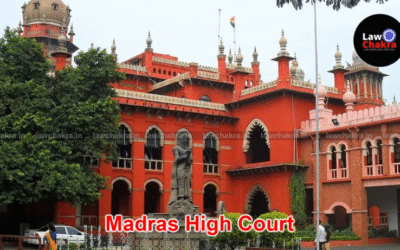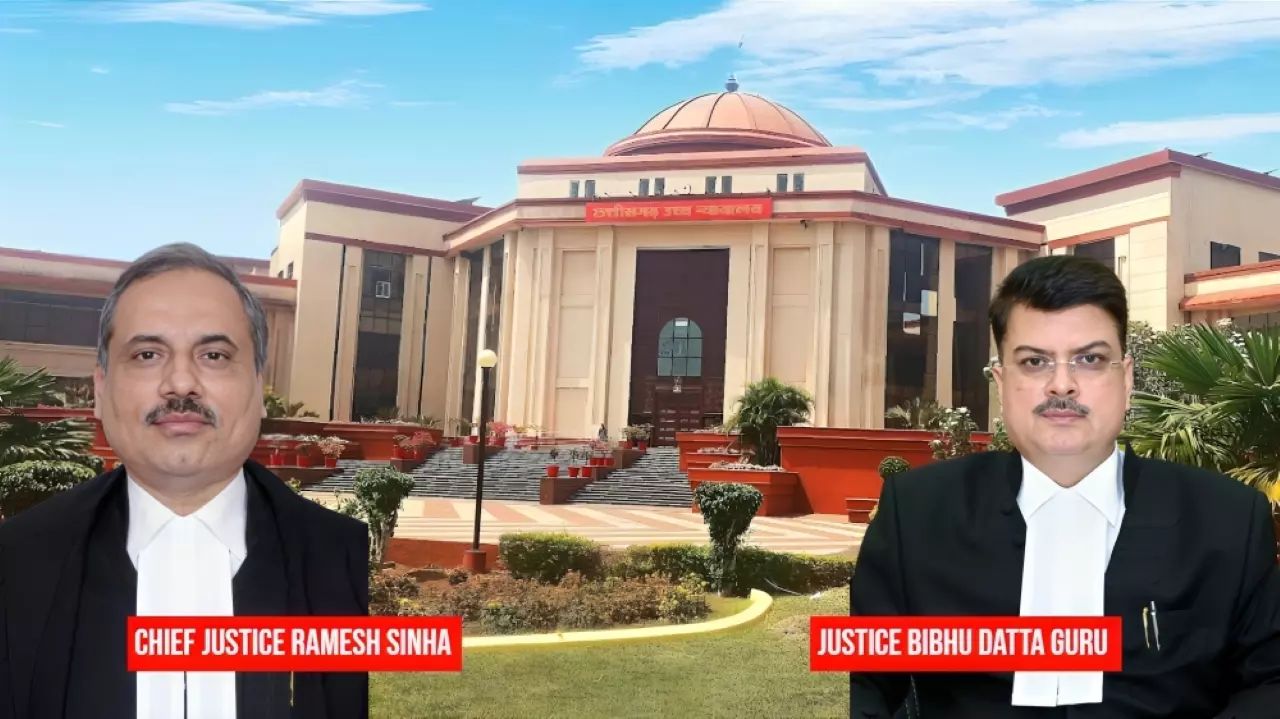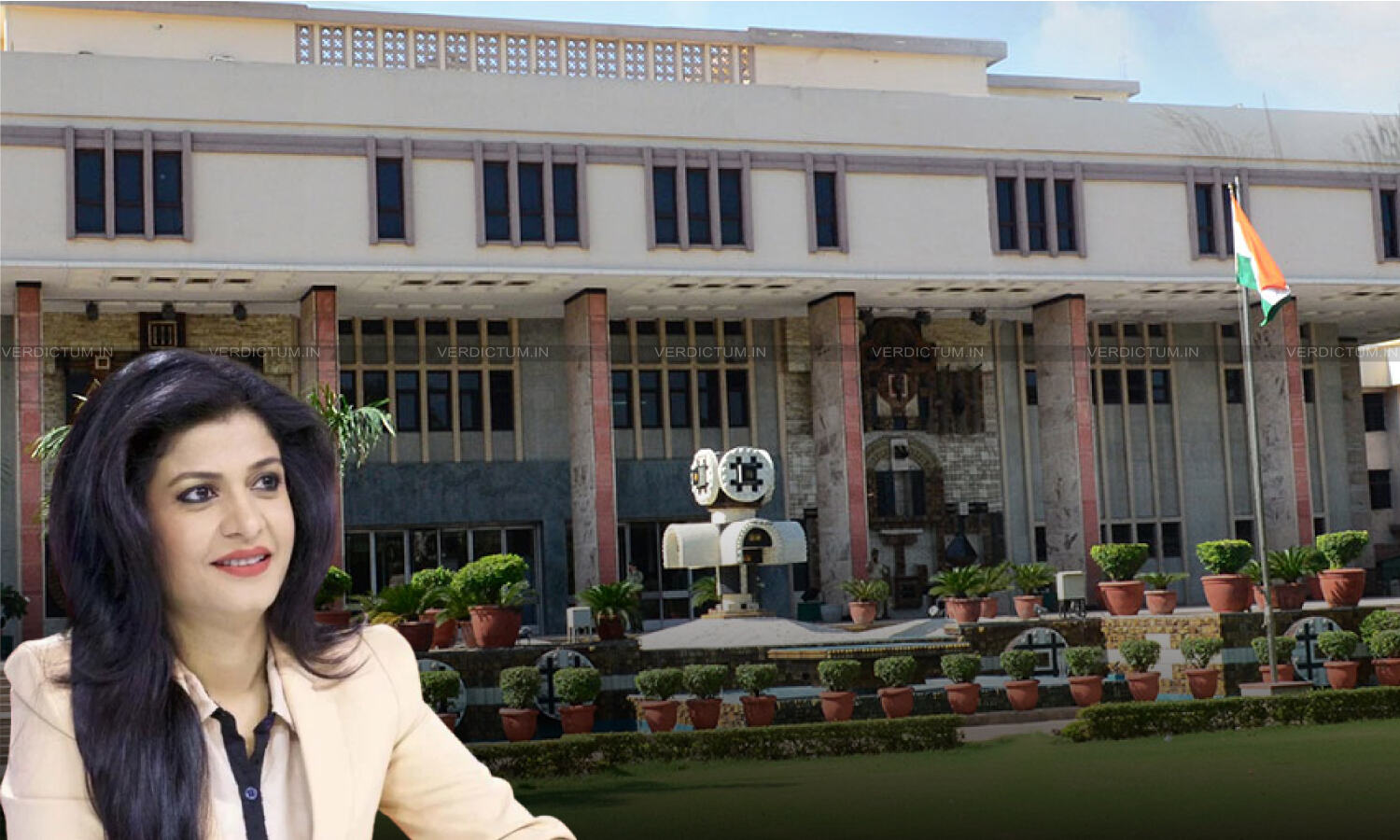Reassessment Notice Can’t Be Based On ‘General Information’ From Investigation Wing Of Income Tax Dept: Delhi High Court
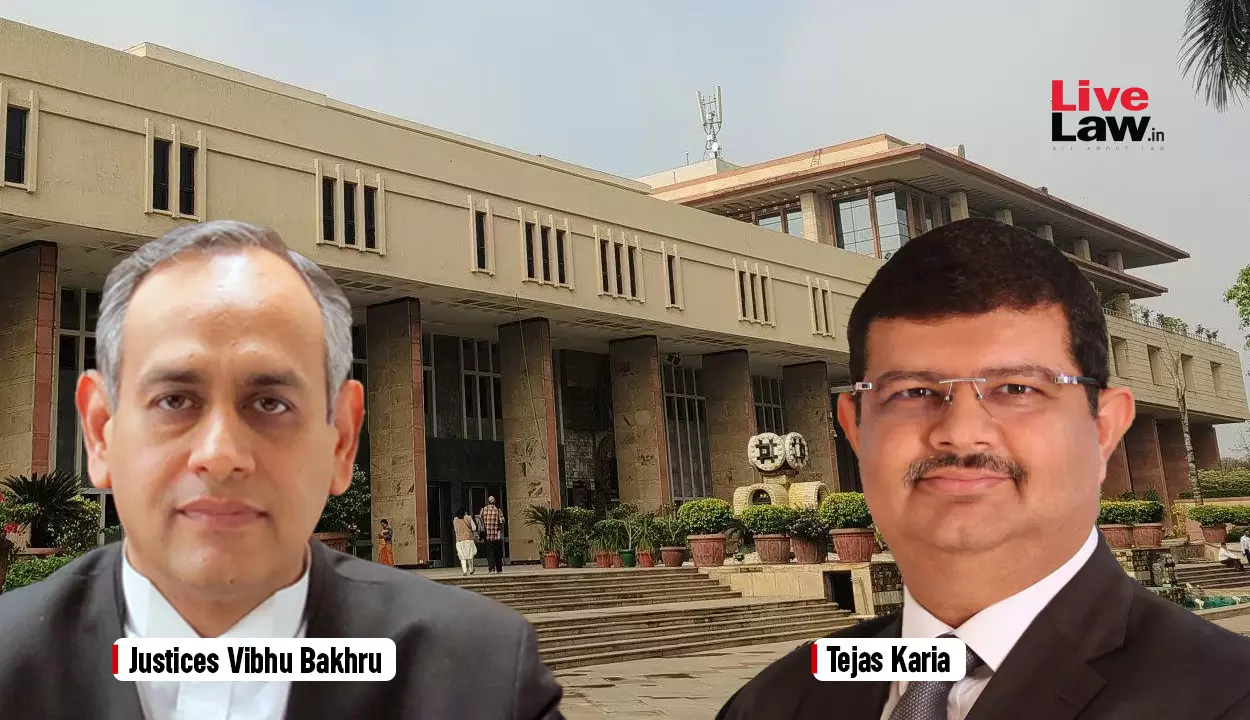
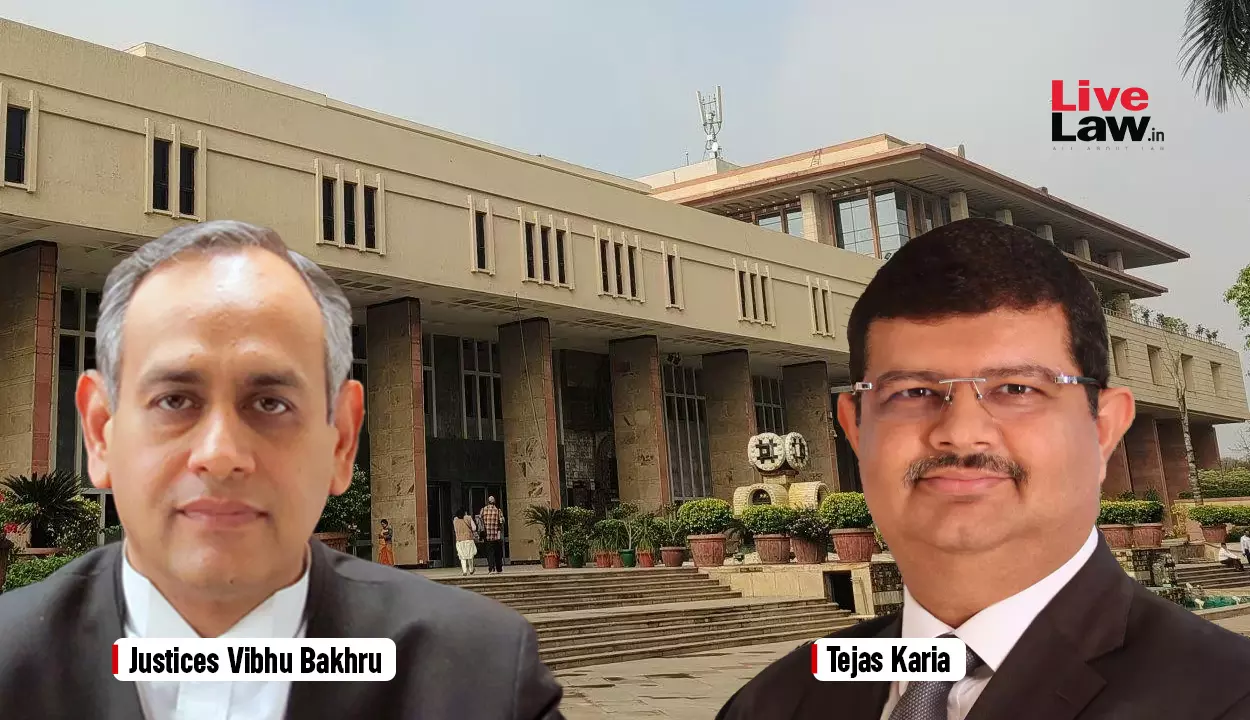
The Delhi High Court has made it clear that the Income Tax Department cannot issue reassessment notice to an assessee based on general information shared by its Investigation Wing, until the Assessing Officer forms definite ‘reason to believe’ escapement of income.
A division bench of Justices Vibhu Bakhru and Tejas Karia observed,
“It is clear from the information received from the Investigation Wing…that the same was general in nature and did not point towards the involvement of the Petitioner in the arrangement of providing accommodation entry by contriving bogus short term capital loss. From the aforementioned information, it cannot be concluded that all the transactions…were sham in nature.”
The reassessment notice was issued to the Petitioner suspecting his involvement in accommodation entries of share transactions with certain firms, to claim short term capital loss.
Initially, the return filed by the Petitioner was processed in scrutiny assessment. However, based on a report of the Investigation Wing, the Department issued a reassessment notice.
Petitioner contended that the material relied upon by the Revenue to initiate reassessment proceedings bears no live nexus to the Petitioner to show that he was a part of the arrangement for generating bogus short term capital loss.
It was further contended that the Department had solely placed reliance on the report of the Investigation Wing, without any independent enquiry.
Petitioner also submitted that a concluded assessment cannot be reopened merely based on generalization and preponderance of probabilities, unless there is specific evidence or material to controvert validity and correctness of the documentary evidence produced by the Petitioner.
The Department on the other hand contended that the Investigation Wing is a part of the Income Tax Department and their conclusion is based on thorough analysis of the available material.
It also submitted that the Investigation Report categorically lists the scrips involved in tax evasion by way of bogus trading and the Demat Account of the Petitioner shows trading in shares of 4 companies for providing accommodation entries.
At the outset, the High Court observed that the AO’s reasons to believe that income has escaped assessment must be based on tangible material that has a direct nexus with the belief so formed. Once an assessment is closed, it cannot be opened merely based on suspicion, it said.
The Court relied on ITO & Ors. v. Lakhmani Mewal Das (1976) where the Supreme Court held that “reason to believe” cannot conflated with “reason to suspect” in arriving at the conclusion that the Petitioner’s income has escaped assessment.
In the case at hand, the Court was of the view that mere purchasing and selling of the shares by the Petitioner would not in itself lead to the conclusion that the transactions were fraudulently contrived to secure accommodation entries for evading tax liability.
“No specific information regarding the Petitioner‟s involvement in the alleged arrangement for evading tax liability..The conclusion arrived at by the AO is based on the suspicion created by the information that the shares are penny stocks. However, the said information cannot be sufficient reason for the AO to believe that the Petitioner’s income for AY 2014-15 had escaped assessment as it lacked specific material regarding Petitioner’s income escaping the assessment,” the Court finally held and set aside the reassessment notice.
Appearance: For the Petitioner : Mr. Deepak Kapoor, Advocate. For the Respondents : Ms. Hemlata Rawat, Advocate.
Case title: Sanjay Kaul v. The Income Tax Officer Ward 24 (4), New Delhi & Ors.
Case no.: W.P.(C) 11198/2019

